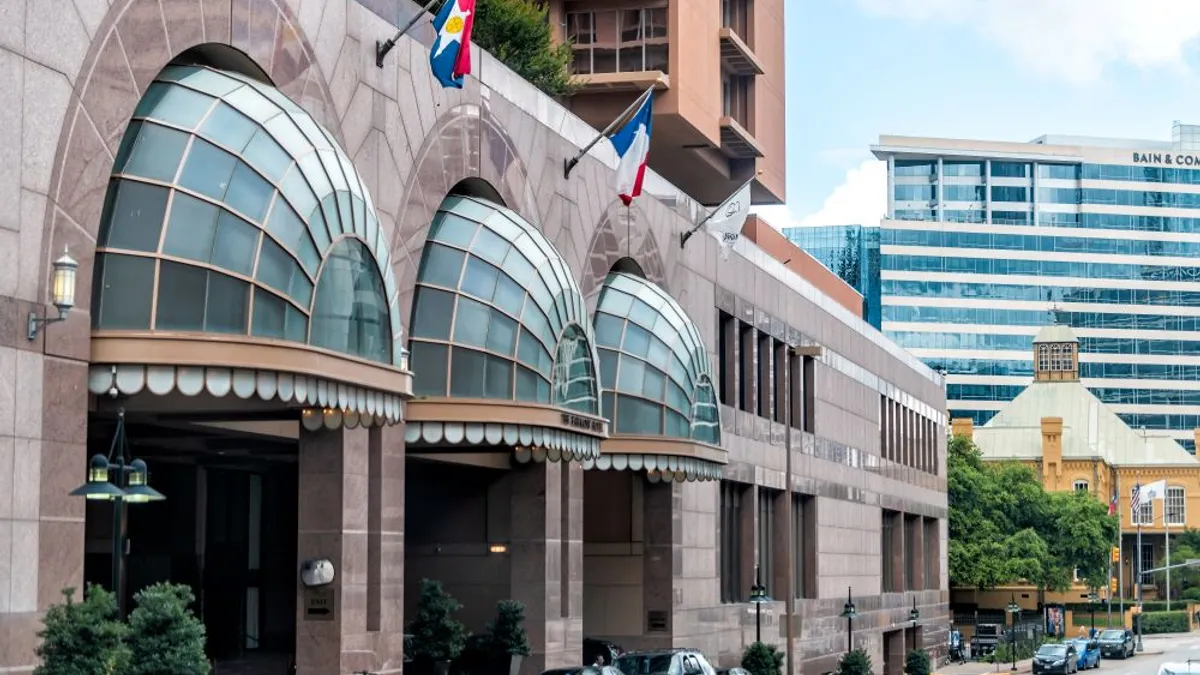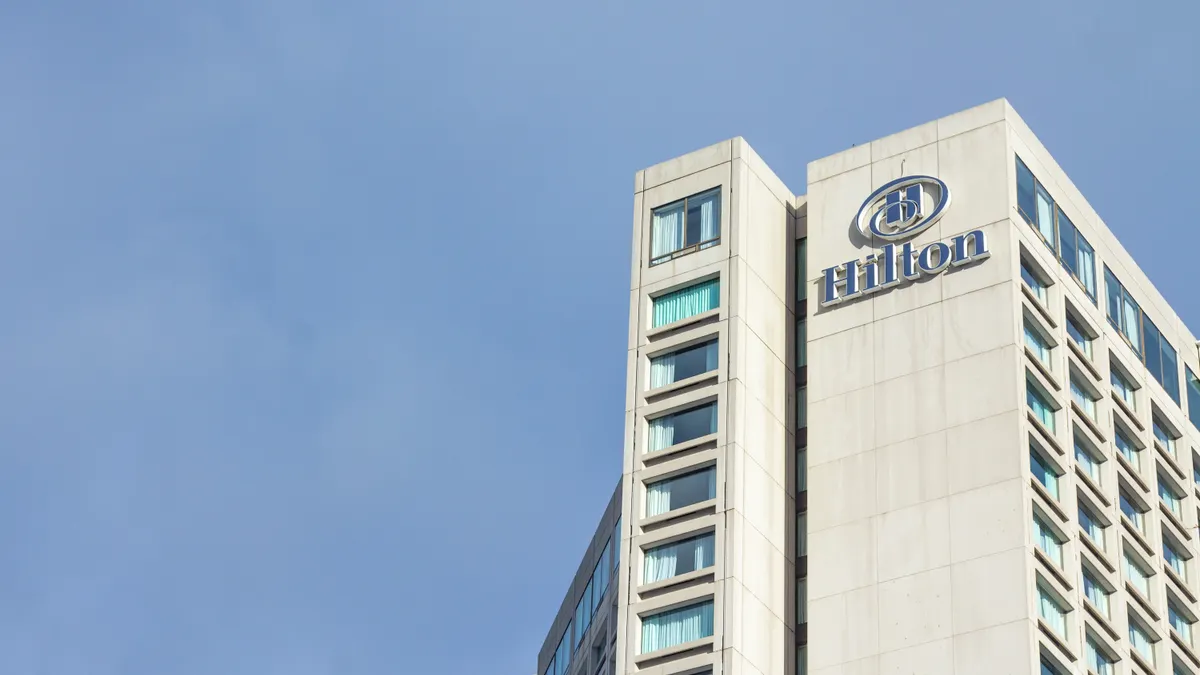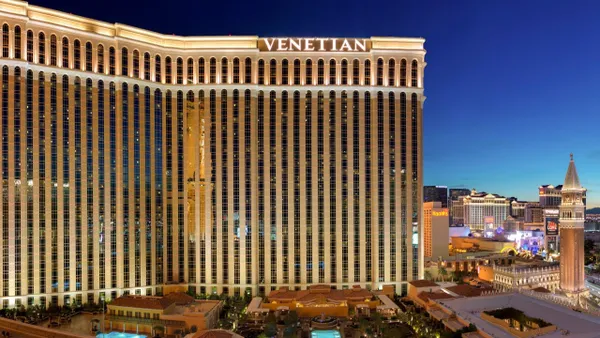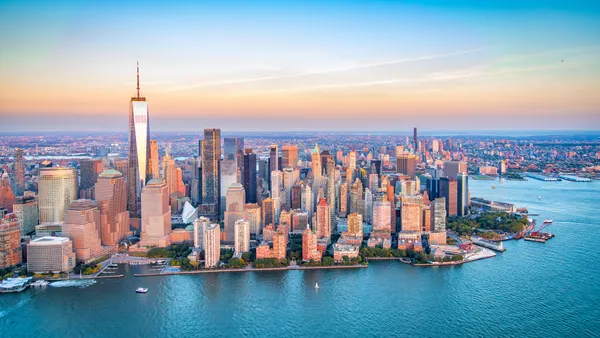Dive Brief:
- In the first half of 2025, hospitality dealmakers remained cautious, with volatility in capital markets and trade policy causing a stall in both hotel asset sales and brand acquisitions, according to a June report from PwC.
- Year-to-date, private equity-sponsored hospitality deals have declined 85%, indicating that “financial buyers have largely stayed on the sideline” in the early months of this year, according to PwC. High borrowing costs, President Donald Trump’s tariff policy shifts and worsening global travel sentiment are among the factors that contributed to a lack of hospitality deals in H1, the report detailed.
- Market uncertainty has forced hospitality players to reassess their growth strategies. Certain markets, segments and operational approaches will be favorable to players looking to expand this year, PwC hospitality leads told Hotel Dive.
Dive Insight:
Despite persistent economic uncertainty, forward-looking dealmakers “are using this period to position for long-term value — not just through acquisitions, but through strategic focus and transformation,” Jonathan Shing, PwC U.S. hospitality and leisure deals leader, said in a statement.
In the current market, hotel players with strong balance sheets and disciplined capital allocation strategies are well-positioned to hedge against a difficult borrowing environment, according to the report. Additionally, domestic-focused and service-oriented hospitality operators are better positioned for dealmaking, as trade tensions complicate the international hospitality landscape.
“The ferocity [with] which the tariff conversation happened just made [dealmakers] take a pause,” Jeanelle Johnson, principal of travel, transportation and hospitality at PwC, told Hotel Dive. Meanwhile, “consumers are becoming a lot more rate sensitive.”
In April, Deloitte reported that Trump’s increased tariffs on international trade partners were expected to have a downward impact on consumer purchasing power. The World Travel & Tourism Council subsequently projected that the U.S. is on track to lose $12.5 billion in international visitor spending in 2025.
Worsening global travel sentiment may prompt hospitality players to strengthen their U.S. portfolios in the second half of the year, according to PwC.
Operators will focus on experience-driven growth, using M&A to enter the luxury and lifestyle segments, the PwC leads shared. Hospitality dealmakers will use this strategy to cater to high-income consumers, as this group drives overall consumer consumption growth in the U.S., per the report.
In April, Marriott International acquired lifestyle hotel operator CitizenM. Hyatt Hotels and Hilton have similarly made lifestyle brand acquisitions in the past year to push growth in the segment.












